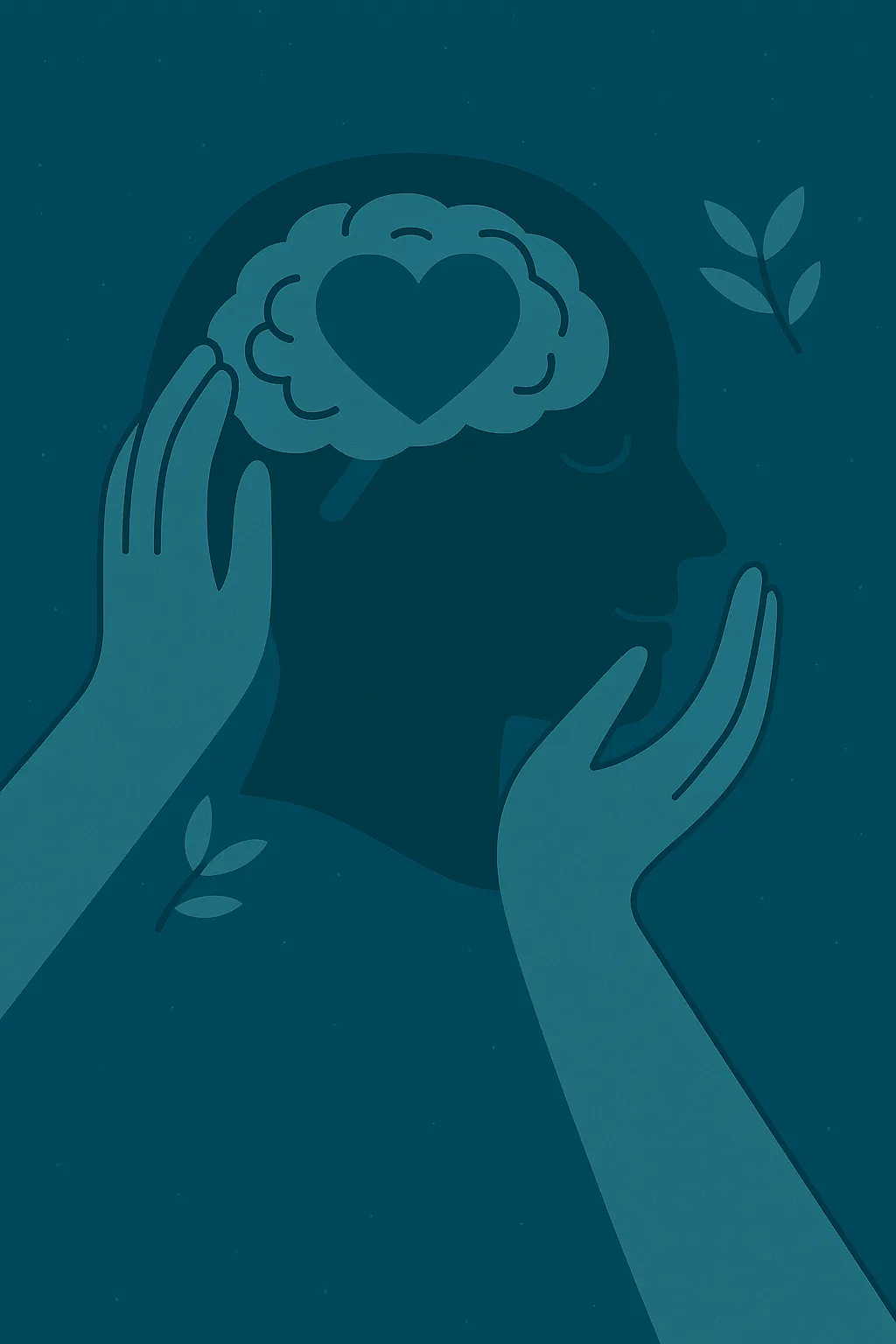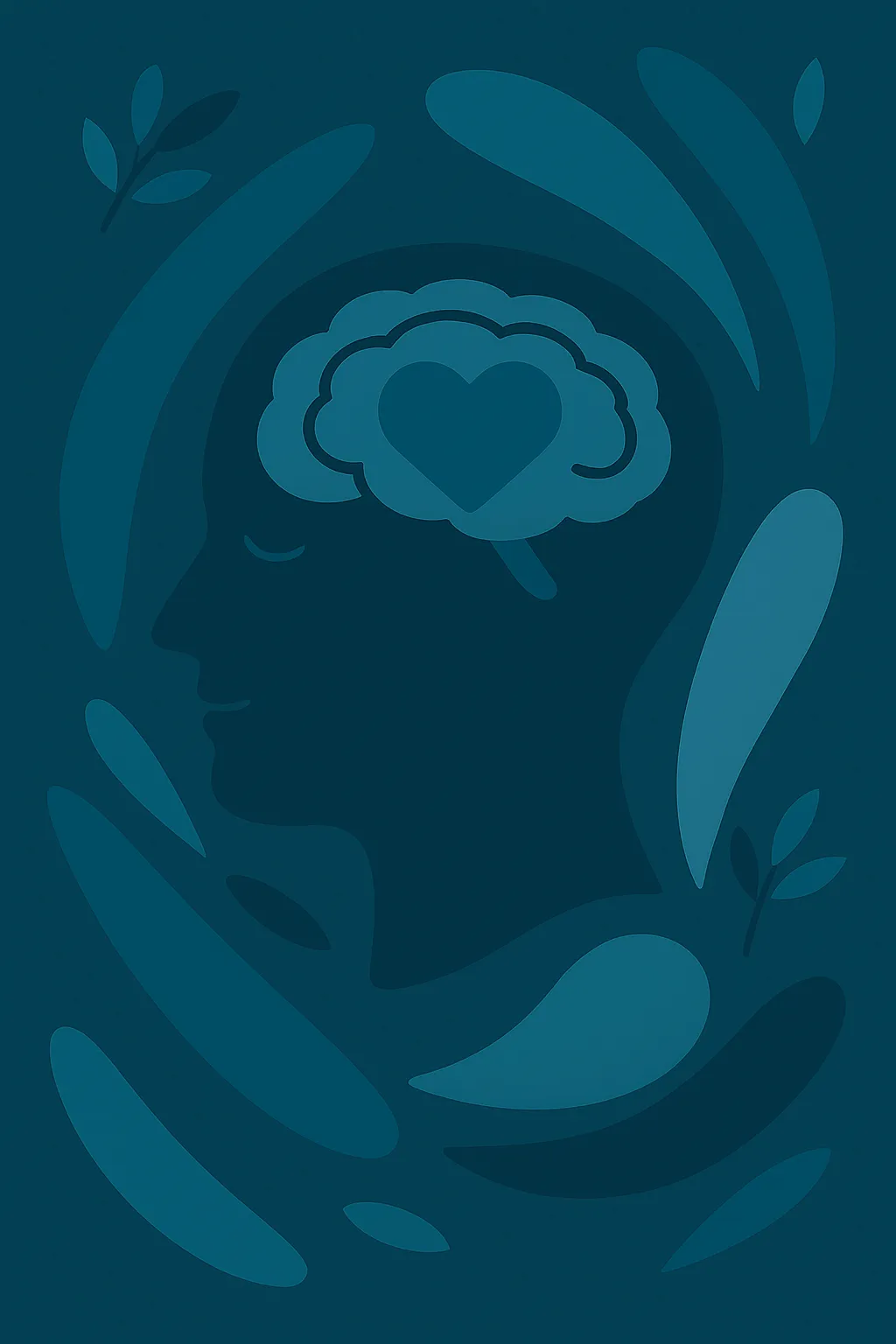
What is Mental Health?
Mental health includes our emotional, psychological, and social well-being. It affects how we think, feel, and act. It also helps determine how we handle stress, relate to others, and make choices. Mental health is important at every stage of life, from childhood and adolescence through adulthood.
Why is Mental Health Important?
Good mental health is essential to living a balanced and fulfilling life. It impacts our relationships, work, and physical health. Prioritizing mental well-being helps us cope with lifes challenges, build resilience, and achieve our goals. Taking care of your mind is just as important as taking care of your body.

Recognising the Signs
Understanding the signs of mental health struggles can help you or someone you care about get the support they need.
Persistent Sadness or Low Mood
Feeling sad, empty, or hopeless for long periods, even when things seem to be going well.
Withdrawal from Social Activities
Avoiding friends, family, or activities that were once enjoyable or important.
Changes in Sleep or Appetite
Sleeping too much or too little, or experiencing significant changes in eating habits.
Difficulty Concentrating
Struggling to focus, remember things, or make decisions in daily life.
Extreme Mood Changes
Experiencing intense highs and lows, or sudden shifts in mood or energy.
Feelings of Guilt or Worthlessness
Having persistent feelings of guilt, shame, or believing you are a burden to others.
Increased Anxiety or Worry
Feeling anxious, nervous, or fearful much of the time, sometimes without clear reason.
Physical Symptoms
Experiencing unexplained aches, pains, or digestive issues that don’t have a clear cause.
Thoughts of Self-Harm
Having thoughts of self-harm or suicide. If you or someone you know is struggling, seek help immediately.
Methods to Manage Stress
- Practice deep breathing or mindfulness meditation.
- Engage in regular physical activity, like walking or yoga.
- Maintain a healthy sleep routine.
- Talk to friends, family, or a mental health professional.
- Take breaks and set boundaries with work or technology.
- Spend time on hobbies or activities you enjoy.
- Eat balanced, nutritious meals and stay hydrated.
- Write down your thoughts in a journal.
- Limit caffeine and alcohol intake.
- Seek support when you need it—asking for help is a strength.
What Can You Do?
If you or someone you know is struggling with mental health, you are not alone. There are many resources and organizations ready to help. Reaching out is a sign of strength.
Emergency Help
If you need urgent support, please fill out this form and someone will contact you as soon as possible.



